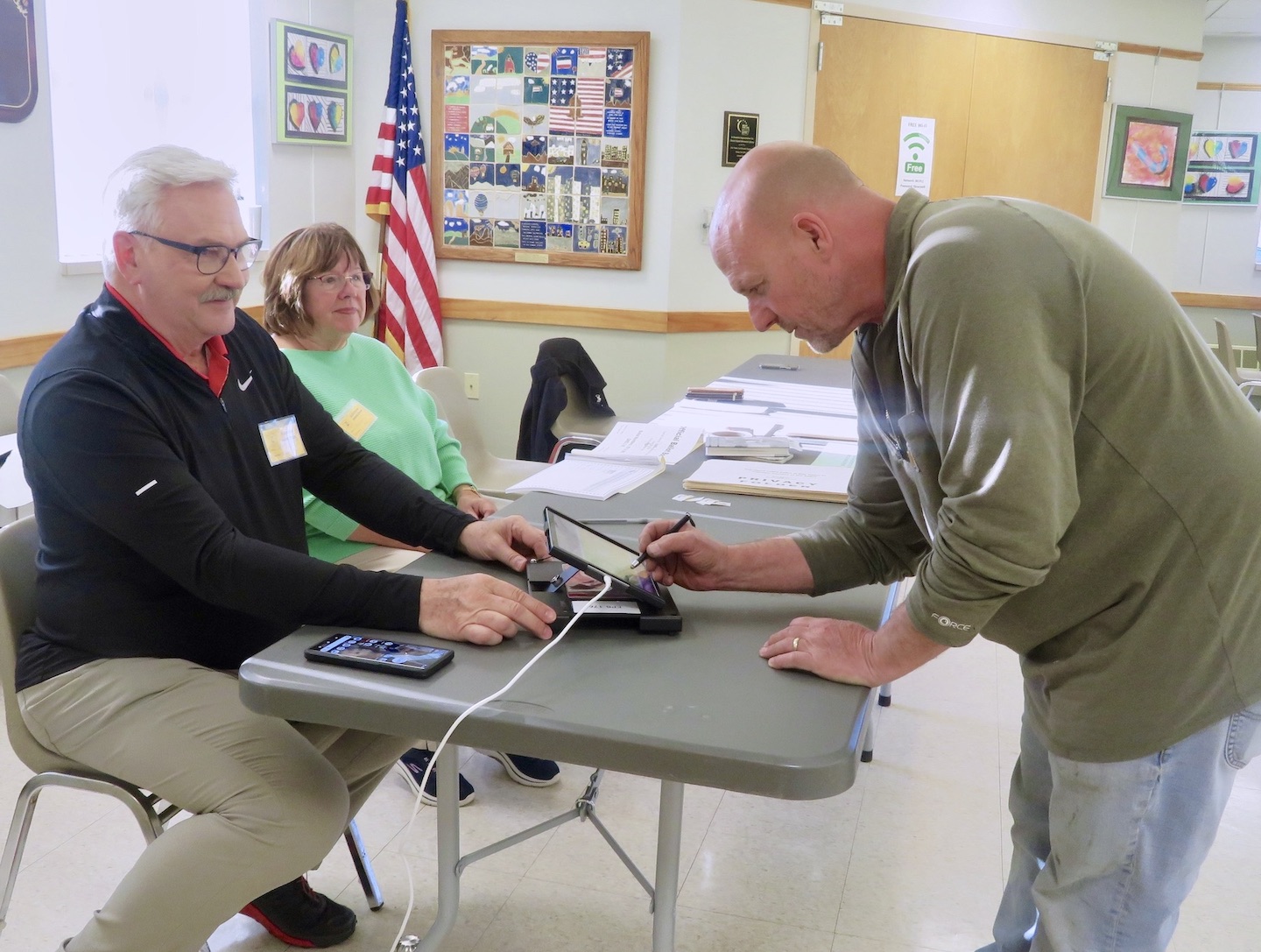Featured News - Current News - Archived News - News Categories
Staying alert and staying informed is the most effective way to combat scammers
Avangrid Press Release
New York State Electric & Gas (NYSEG) and Rochester Gas and Electric (RG&E) are reminding customers to be aware and informed about potential scammers, and to never give personal information to callers or individuals they cannot authenticate as a NYSEG or RG&E representative. While scams are ongoing throughout the year, the company has noted more aggressive tactics being used this spring.
“The best way to combat these types of scams is to stay alert and informed,” said Christine Alexander, vice president of customer service at NYSEG and RG&E. “If you’re uncertain of the identity of the caller or a visitor to your door, contact our customer service team immediately. We are always here to help you.”
NYSEG: call 800-572-1111 // RG&E: call 800-743-2110
As a reminder, NYSEG and RG&E will never:
•Send an employee inside your personal residence to use a computer or other device.
•Have an employee take a photo of your electric bill.
•Send an employee to your home to offer a discount, offer a cost-saving program, or encourage you to sign up for a service.
•Ask customers to make a payment with a prepaid debit card or other nonrefundable methods.
Customers should also be aware of some known scammer tactics:
•Fraudulent phone numbers: Caller ID may show the call is coming from the utility. In some cases, the perpetrators pretend to have a specific knowledge about the customers they’re calling and may even provide a callback number with a recorded greeting similar to NYSEG and RG&E’s customer service line.
•Fraudulent emails and texts: Scammers are using digital correspondence to portray themselves as the utility.
•Door-to-door imposters: Scammers have posed as NYSEG and RG&E employees, claiming they are responding to reports that scammers are in the neighborhood.
Types of scams that customers should look out for include:
•Disconnection threat: Someone posing as a utility representative, aggressively telling a customer their account is past due and a crew is on the way to shut off service unless an immediate payment is made – typically using a prepaid debit or another nonrefundable form of payment.
•Meter payment: The caller or in-person scammer instructs the customer to pay with cash or a prepaid debit card to cover the costs of a new meter or meter upgrade.
•Information request: The caller insists that a recent payment encountered a system glitch and was not completed, or that the company had not received the payment at all. The perpetrator then asks the customer to make a false payment using a prepaid debit card or by providing personal bank account information.
Safety tips for customers:
•There is little NYSEG and RG&E can do once a victim has been scammed. Customers who suspect that they have been victims of fraud or who feel threatened during contact with a scammer should notify local law enforcement authorities, and the Federal Trade Commission (http://www.ftc.gov/). This will help authorities shut down scams and prosecute the scammers.
•Know the available payment methods: NYSEG and RG&E will never ask customers to purchase debit cards to make payments. We do accept a variety of payment methods, and customer care representatives will work with individual customers to help them pay down outstanding balances and maintain service.
•If you’re unsure of the identity of a caller, hang up and call the utility directly using the information on a utility bill or the company’s website. Never give out personal or account information to a caller you’re not sure of.
•Check ID: NYSEG and RG&E employees and contractors carry company-issued photo ID with a unique employee number. Ask for ID before providing personal or account information or granting access to your property. If you are not certain, call to confirm using the number on your bill or the company’s website.
•Think twice before clicking links in emails that ask for payments. If you’re uncertain the link is from the utility, you can make payments, check balances and find other information directly on the company’s website.
•Enroll in AutoPay: The amount due is automatically deducted from a bank account each month, so you will have no concerns about an outstanding balance. More information on this payment option is available on the company’s website.





























